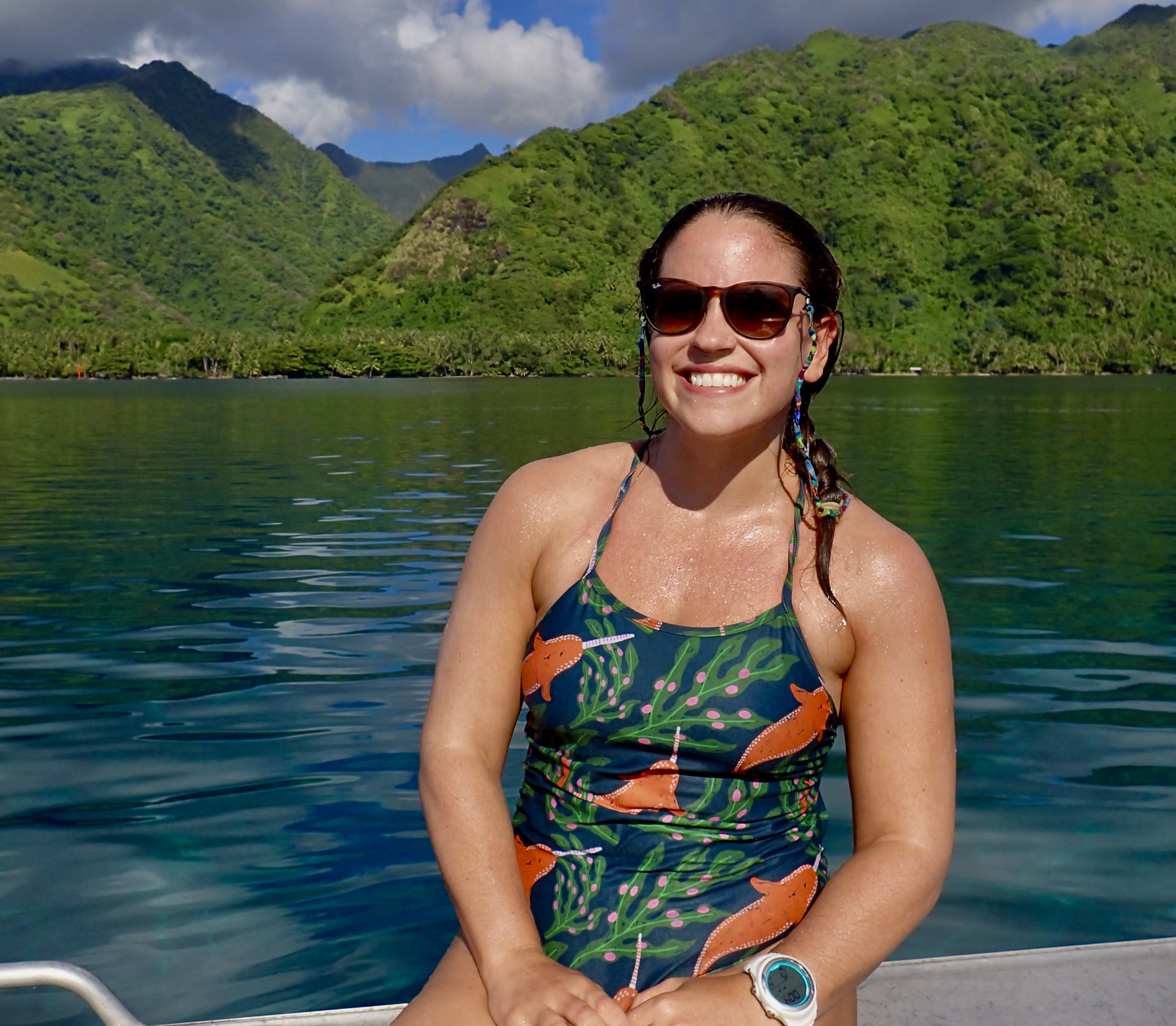Post-disturbance Dynamics of Branching Corals and Their Predators

PHD DISSERTATION DEFENSE
Advisor: Steve Gaines
Committee: Bruce Kendall, Deron Burkepile
This defense will be presented online only. Please email events@bren.ucsb.edu to request a join link.
ABSTRACT
Coral reefs are among the most biodiverse, valuable, and impacted ecosystems on the planet. Disturbances that kill coral, the foundation species of coral reef ecosystems, are becoming more frequent and more severe, thereby threatening the persistence of global reefs which provide food, jobs, and coastal protection for over one billion people worldwide. However, even the most extreme disturbances seldom cause total mortality of corals, and the spatial variability of surviving coral has consequences for how the rest of the ecosystem responds. In my dissertation work, I sought to understand 1) how and where branching corals evaded mortality during a severe marine heatwave, 2) the extent to which coral predators can amplify the impact of disturbance on coral through species interactions, and 3) whether and how the effects disturbance-driven mortality of branching coral cascaded through the ecosystem and impacted coral predators that vary in their dependency on coral as a food source. My work provides insight into the complex and nuanced relationship between coral and coral predators and improves our ability to understand and predict both how different disturbances impact coral reef ecosystem dynamics.
BIO
Erin is a 2023 Knauss Fellow serving as the special assistant to the Deputy Assistant Director of Ecological Services at US Fish and Wildlife Service Headquarters in Washington DC. She has a Masters of Environmental Science and Management from the UCSB Bren School and a BS in Aquatic Biology from UCSB. Her dissertation work focuses on exploring the response of coral and reef fish to landscape-level disturbance events in coral reef ecosystems. Given her interest in engaging with local communities in decision making, Erin has worked in partnership with Polynesian fishermen to develop best management of newly established nearshore marine reserves (Rāhui) using both ecological surveys and traditional knowledge. She also worked to incentivize and plan native oyster restoration in Southern California through multi-agency partnerships at the federal, state, university, community, and non-profit levels during her masters. Erin’s graduate work was largely funded through the Sarah Argyropoulos Marine Conservation Fellowship and the Schmidt Environmental Fellows Program. Upon completion of her PhD and Knauss Fellowship, Erin plans to work to conserve and manage tropical reef ecosystems at the federal level.